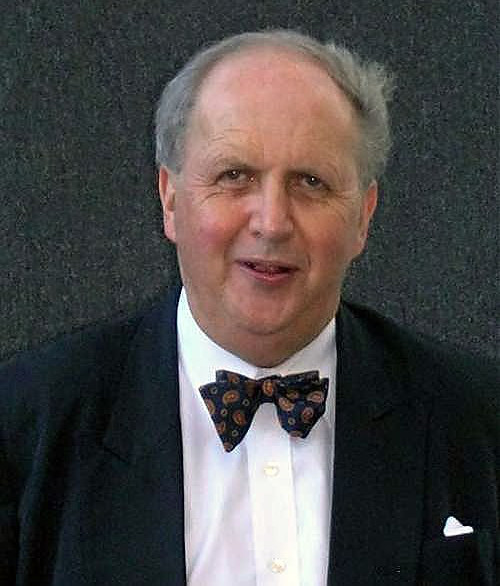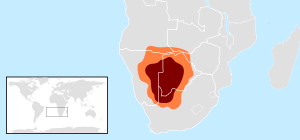In our first meeting discussing No 1 we certainly had some difficulty getting our tongues round unfamiliar names and words. I was lucky to find these links with recordings. I think it would be great to listen to them and get a feel for the sound of Tswana. I also suggested that watching the television adaptation of No 1 might help us with pronunciation. More on the series later
Tswana information page.
Listen to these phrases.
These are really clear to listen to.
The following comes from the Botswana-UPenn Partnership webpage. I've included the first page as it answers some of our questions about pronunciation.
The full document is here
Botswana-UPenn Partnership
Basic Setswana
Setswana (Tswana) is a Bantu language and the national and majority language of
Botswana; although the official language of government in Botswana is English. In
addition to Botswana, there are also Setswana speakers in South Africa, Zimbabwe, and
Namibia, comprising about 4 million Setswana speakers worldwide.
Tips on Pronunciation
The basic key differences from English are:
• “G’s” are generally pronounced as “h’s” in Setswana. (Officially known as a
voiceless velar frictave.)
• The final “e” in Setswana words or names is not silent as is the case in English, but is
pronounced as a long “e”.
• People typically roll their “r’s” in Botswana.
Therefore, “Gaborone” is phonetically written as “Hahborrronee.”
The following information is more detailed pronunciation keys for the curious, but don’t
get hung up on this in the beginning.
In Setswana, the vowels are pronounced as in the following English words:
• 'a' as in 'car'
• 'e' as in 'let'
• 'i' as in 'meet'
• 'o' as in 'go'
• 'u' as in 'school'
There are also a few combinations of consonants which are pronounced very
differently from English:
• 'g' = an 'h' sound deep in your throat, like the end of "loch"
• 'kg' = k + an 'h' sound deep in your throat
• 'kh' = k + some air
• 'ph' = p + some air
• 'th' = t + some air (NOT like English "th")
• 'ny' = think of isolating the 'ny' in 'canyon'
• 'tl' = think of isolating the 'tl' in 'Atlanta'
• 'tlh' = 'tl' + some air
• 'ts' - think of isolating the 'ts' in 'itself'
• 'tsh' = 'ts' + some air
• 'nts' = n + 'ts' sound
• 'š' = sh
Go siame
&
Ke tla go bona











